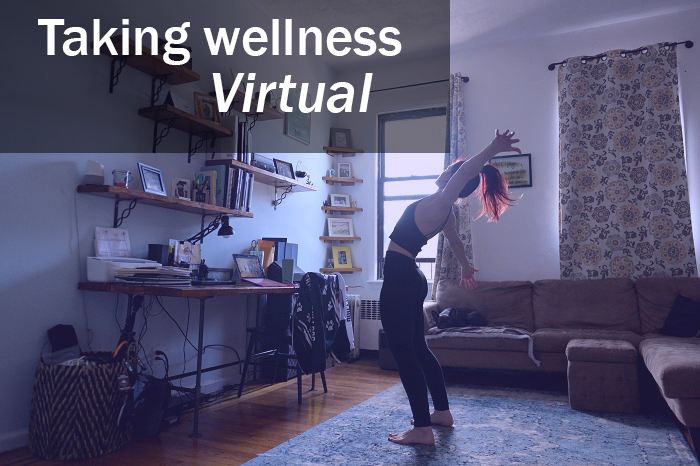A permanent move to remote work. Less frequent business travel. The staying power of telemedicine. Better benefit communication, more caregiving support and a bigger focus on behavioral health.
Those are just some of the predictions top health and benefit executives have regarding the future of work following the pandemic that has defined 2020. Virtual care, which has been a significant focus for employers during COVID-19, is just one of several strategies they say will continue.
“The pandemic has demonstrated that telemedicine is here to stay,” Jason Parrott, senior manager of global healthcare and wellbeing strategy at Boeing, said last week during a session at the Midwest Business Group on Health’s annual conference, held virtually. “I hope [with time] we have the ability, the analytics and the data [to show] that the telehealth solutions we are using are high value. The next step is looking and validating the success of telemedicine.”
Pam Hannon, retirement and healthcare leader at GE Healthcare, agrees. “I think virtual will stay and will be a way to improve access issues. Not everyone can get in a car and drive to a doctor.”
Related: What the pandemic is teaching us about benefits
The benefit leaders all said the pandemic has made them rethink a lot of employee offerings in an effort to help workers get through tumultuous times.
Huron Consulting Group promoted telemedicine and added behavioral telehealth offerings, which the employer is offering to employees with zero copays through the end of the year, said Amy Katzoff, the company’s senior director of benefits. The company also rolled out a 10-week mindfulness program for employees, offered backup care for working parents and heavily promoted its EAP and family support benefits. It also started distributing a digital benefits newsletter to remind employees of the help and benefits it had to offer.
Related: Employers’ strategy for getting employees healthy during COVID: virtual fitness
GE focused on virtual offerings as well, offering a host of fitness classes, yoga sessions and apps to help keep employees healthy during their time at home. The company also added mindfulness sessions, recommunicated behavioral health options and launched an employee engagement program, where employees are assigned to another colleague so they can regularly connect during the pandemic.
“We didn’t feel like we were all isolated,” Hannon said. “I’m really proud of how we responded to the current crisis.”
Parrott said Boeing’s recent enhancement of its emotional and mental health benefits, as well as its addition of a backup childcare benefit through provider Bright Horizons, has been especially helpful during the pandemic. COVID-19 universally has caused a host of issues for working parents, with many employers adding programs or benefits to help support them.
The success of remote work was a big topic among the panelists, with all agreeing that it’s working in many ways and will only be more common in the coming years. “We’ve transitioned very, very well to working from home,” Huron Consulting Group’s Katzoff said. “I expect the degree of travel in our industry will be significantly less. It gives [workers] more time with their families, more time at home. People will be in the office less and maybe only go in [occasionally] for more important face-to-face meetings.”
GE’s Hannon agreed, saying she started working remotely full-time last year, giving up in-demand office space when she realized she could easily work remotely.
“I think there will be an appreciation where people don’t need to work 9-5,” she said. “[For] employees struggling with childcare or other caregiving issues, they need to have certain points of the day they can’t have a meeting–don’t schedule it during that time. Be sensitive to your employees. People can manage work and home life when they’re employers give them more flexibility.”



